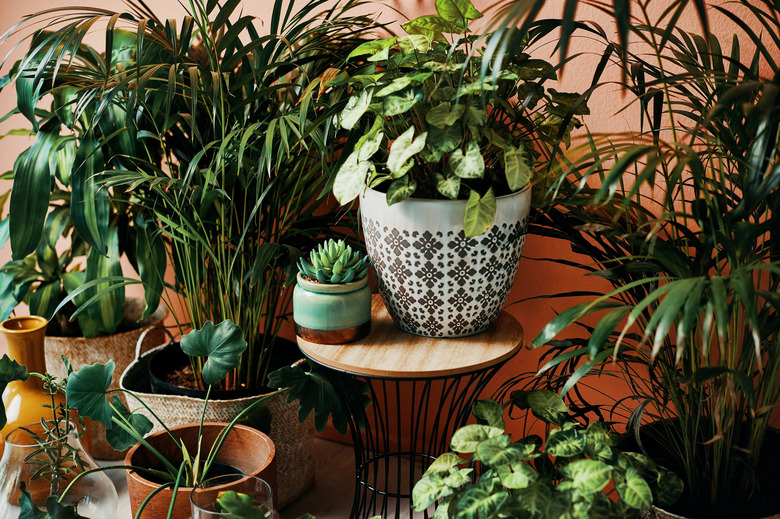What Type Of Music Helps A Plant Grow Faster?
Although plants lack a central nervous system, their cells constantly react to stimuli in the environment and communicate with each other. Scientists continue to investigate exactly how plants manage complex processes with a relatively simple structure. How plants react to sounds and music remains a popular topic of scientific research.
Evidence That Plants Can "Hear"
Evidence That Plants Can "Hear"
According to research conducted by the University of Missouri, plants may be able to detect the vibrations made by certain predators, such as a caterpillar chewing on leaves. The plants then recognize these same vibrations in the future and respond by increasing quantities of defensive chemicals.
Because sound also travels via vibration, this study serves as promising evidence that plants can essentially "hear" or "feel sound" and respond accordingly.
Does Music Affect Plant Growth?
Does Music Affect Plant Growth?
Numerous studies exist on the effect of music on plant growth. The researchers typically compare the growth of plants exposed to no music to the growth of plants exposed to certain genres of music. The "no music" group is a control group; if the experimental "music group" doesn't grow significantly larger or faster than the control group, then it would be easy to conclude that music for plants is a bogus idea.
However, research has found statistically significant increases in plant growth and yields when plants are exposed to music. Exactly what happens within the plants and why music affects their growth remain mysteries that the scientific community continues to investigate. It could be related to the same mechanism that boosts the plant's chemical defenses in response to the vibrations of the chewing caterpillar.
Choosing Music for Plants
Choosing Music for Plants
The scientific research conducted on the relationship between music and plant growth has generated a consensus about the best type of music to choose for increasing plant growth. The genre itself isn't as important as the rhythm and harmony found within the music. Thus, classical music is often selected by growers who wish to play music for their plants, while other genres like heavy metal aren't as popular.
Another factor believed to be important when choosing music for plants is the frequency of the sounds. Studies suggest high-frequency music travels easier through the protoplasm found in the plant's cells.
Real-World Applications
Real-World Applications
Does this mean you can serenade your tomato plants and reap larger yields throughout the season? Perhaps. It's easy and economical to conduct your own home experiment. On a larger scale, researchers are curious to know whether music and/or vibrations can boost a plant's defenses and "immunity" in a way that would drastically reduce the need for pesticide use.
